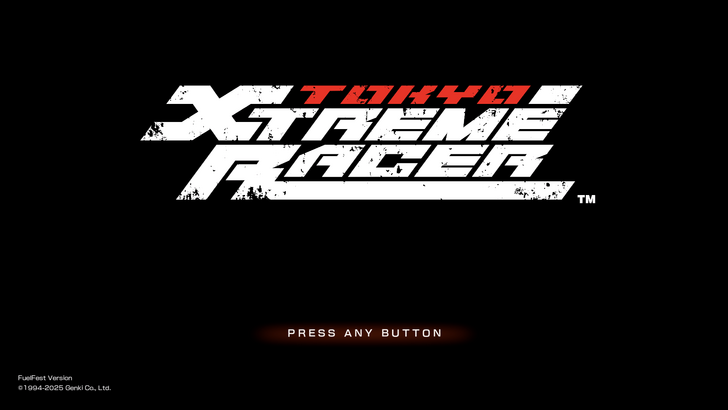At the Time100 Summit, Netflix CEO Ted Sarandos boldly declared that the streaming giant is "saving Hollywood." He argued that despite the challenges facing the film industry, such as the exodus of production from Los Angeles, the shrinking theatrical window, and declining audience experiences at cinemas, Netflix remains a beacon of hope. Sarandos emphasized Netflix's consumer-centric approach, stating, "We deliver the program to you in a way you want to watch it."
Addressing the downturn in box office sales, Sarandos suggested that consumer preferences are shifting towards home viewing. He acknowledged his personal enjoyment of theatergoing but dismissed it as "an outmoded idea, for most people." This perspective aligns with Netflix's business interests, which prioritize streaming over traditional cinema experiences.
Hollywood's struggles are evident, with even reliable franchises like Marvel experiencing inconsistent box office results. Family films like "Inside Out 2" and adaptations such as "A Minecraft Movie" are among the few bright spots in the industry. The trend of watching movies at home has been noted by actors like Willem Dafoe, who lamented the loss of the communal and social aspects of cinema. Dafoe pointed out that the attention given to films at home differs significantly from that in theaters, impacting the reception of more challenging films.
Filmmaker Steven Soderbergh, known for hits like the "Ocean's Eleven" series, has also weighed in on the future of movie theaters. He believes there is still an appeal to the cinematic experience and stressed the importance of attracting younger audiences to sustain the industry. Soderbergh highlighted programming and engagement as crucial elements for keeping theaters relevant in the age of streaming. He noted that the allure of going out to the movies remains strong, suggesting that the future of cinema depends on maintaining this appeal across different demographics.
 Home
Home  Navigation
Navigation






 Latest Articles
Latest Articles










 Latest Games
Latest Games












